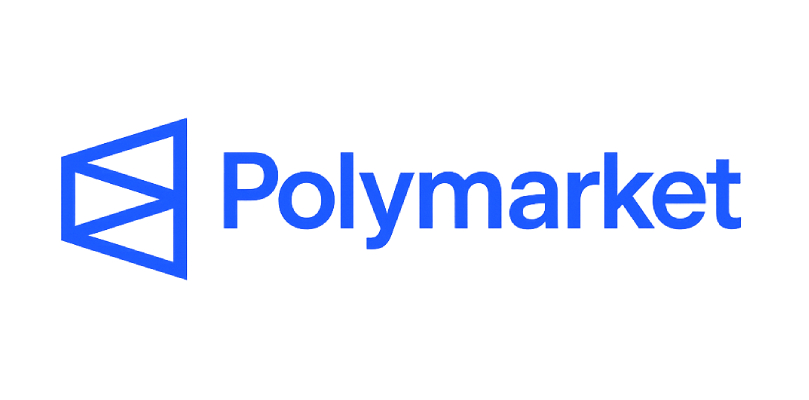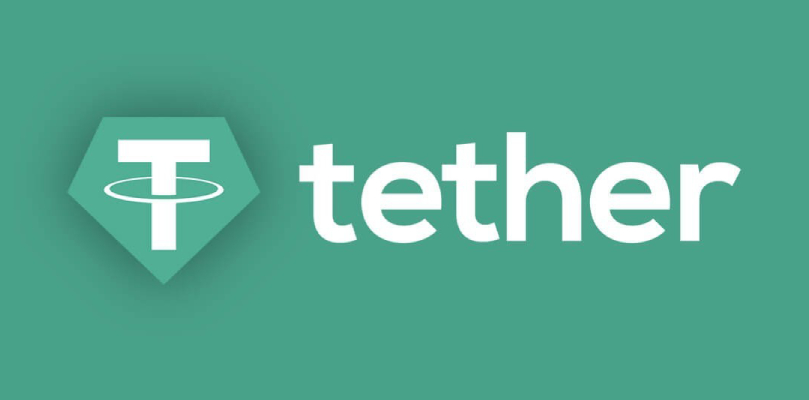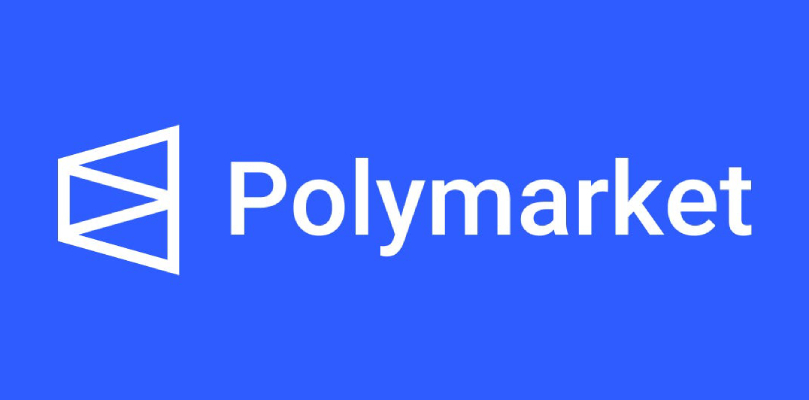For Bitcoin casino regulars, the latest move from DraftKings is another reminder of how differently traditional gambling operators handle digital assets compared with crypto-native platforms. The headline is simple on the surface. Customers in a handful of states will be able to turn cryptocurrency into cash and then use that cash to fund a betting account. The reality, especially for Bitcoin gamblers, is a lot more layered.
Crypto Access Arrives, But Only After Conversion
DraftKings is introducing a system that lets players in Illinois, Kentucky, New Hampshire, and Vermont convert cryptocurrency into US dollars for deposits. On paper, that sounds like progress. In practice, it means crypto still never actually touches a wagering account.
Unlike crypto casinos, where you deposit BTC, wager in crypto, and withdraw back to your wallet, DraftKings requires a full conversion step first. The operator has not detailed which coins will be supported, but major assets like Bitcoin and Ethereum are the obvious candidates. Even so, once the conversion happens, players are back in the traditional banking world, using fiat balances inside a tightly regulated sportsbook ecosystem.
In many ways, this setup feels more like a bridge to the old system than a step into a new one.
Why This Matters in a Restricted US Market
This change is happening against a backdrop of shrinking payment flexibility in regulated US betting. DraftKings previously pulled back from credit card deposits for sportsbook play, and several states have strict rules about how gambling accounts can be funded. Bank transfers, debit cards, and retail cash deposits are common, but they do not exactly fit the lifestyle of players who primarily move funds in and out of crypto wallets.
Direct crypto betting remains rare in the US regulatory framework. Across many states, operators have had to keep digital assets at a distance. Some bettors have worked around this by buying gift cards with crypto and redeeming them for betting credit, which adds friction and extra steps. DraftKings’ crypto-to-cash route simplifies the process but still keeps everything firmly off-chain by the time wagers are placed.
The Tax Reality
Here is where crypto casino veterans will immediately spot a key difference. On most crypto gambling platforms, players can move funds between wallets and sites without triggering a taxable sale, as long as they are not converting to fiat. With DraftKings’ model, the very act of turning crypto into dollars to fund an account is considered a taxable event under US rules.
If the value of the coins has gone up since they were acquired, that conversion can create a capital gain. Depending on how long the crypto was held, that gain could be taxed at either short-term income rates or lower long-term capital gains rates. Either way, every deposit that starts with selling crypto potentially adds a tax reporting obligation.
DraftKings’ approach may feel like a compromise. While US operators clearly see the demand from crypto users, regulated sportsbooks are far from the fully crypto-native gambling experience many Bitcoin players already consider standard.







